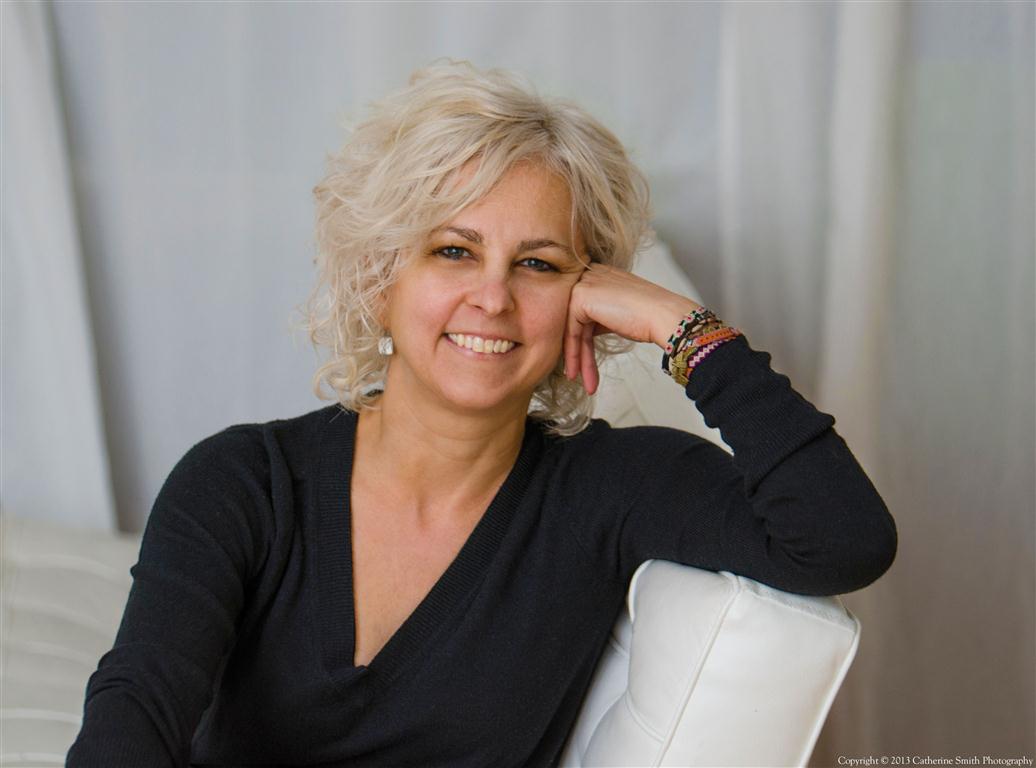 With the 2014 Newbery Medal for Flora & Ulysses, illustrated by K.G. Campbell (Candlewick Press), announced Monday in Philadelphia, author Kate DiCamillo becomes the fourth to join an elite club of writers--all women, incidentally--who have won two Newbery Medals and one Newbery Honor: Katherine Paterson, E.L. Konigsburg and Elizabeth George Speare. This accolade comes just a few weeks after her inauguration as the fourth National Ambassador for Young People's Literature.
With the 2014 Newbery Medal for Flora & Ulysses, illustrated by K.G. Campbell (Candlewick Press), announced Monday in Philadelphia, author Kate DiCamillo becomes the fourth to join an elite club of writers--all women, incidentally--who have won two Newbery Medals and one Newbery Honor: Katherine Paterson, E.L. Konigsburg and Elizabeth George Speare. This accolade comes just a few weeks after her inauguration as the fourth National Ambassador for Young People's Literature.
You're having quite a year, Ambassador DiCamillo!
I've never been so stunned in my life. It just wasn't on my radar. Funny doesn't win prizes.
How does it feel to know that the Newbery Committee's call came from the place of your birth?
I have to tell you, it was 5:30 in the morning, and the coffeemaker is set for 6. I looked at the phone, and it said, "Philadelphia," which is a loaded word for me. It's a place that has all the resonance of my early years--it's magical to me. Then more magic came when I picked up the phone.
Did it all start with the squirrel? Someone on the Newbery Committee mentioned to us that you said something along the lines of, "But it's a story about a squirrel!"
I'm trying to help them see clearly what they've done. You know, it's about a squirrel. It started with a squirrel and there's a vacuum cleaner in there.
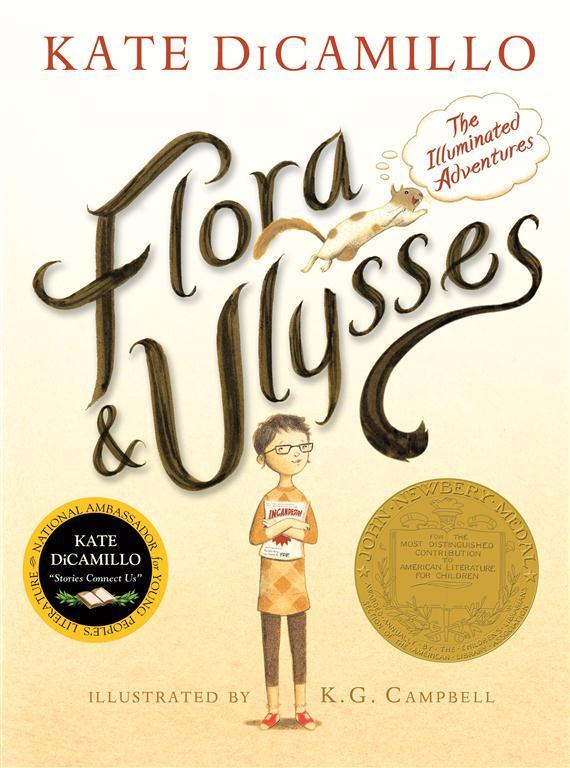 Did you think that if you told them that, they'd take back the medal?
Did you think that if you told them that, they'd take back the medal?
I always think they're going to take the medal away. When it says "Philadelphia," and it's 5:30 in the morning, you think, "Maybe I dreamt it all." I thought, "It's too early, I can't call anybody." So I just came down and wrote.
You wrote? That's amazing. Do you think you'll be able to maintain your writing schedule with the travel involved in your ambassadorship?
People have rattled me significantly, with me thinking I'll be jetting off every single day. Robin Adelson [head of the Children's Book Council, which established the ambassadorship with the Library of Congress's Center for the Book] said I'd go out every other month. I might Skype in between. It's not as grueling as everybody convinced me that it might be.
I found this out during Flora & Ulysses: I need to be out there. It feeds me and it feeds the writing. I feel so much that it's a sacred duty to go out and do this ambassador thing, that I have to find a way to do it. I think I'll have sometimes as much as four weeks of being able to write. I think it will make the writing better. I go out there joyfully, aware of the importance of the message and how much I believe in it and how lucky I am to be able to carry it.
Can you write when you're traveling?
I don't write when I'm on the road. I take a day when I come back to get myself oriented, and then I go back in, and that seems to be better for the writing. The world feeds the writing. It goes right back to the idea that "stories connect us" [DiCamillo's platform as ambassador].
Holly [McGhee, DiCamillo's agent] has read 84 pages of a novel I'm working on. It will keep me company for this stretch. I think I can get that done during my term.
I also have the shorter Deckawoo Drive stories [connected to the Mercy Watson series] I can work on. If I get up in time, if I'm up at 6, and I'm writing and everything's turned off, then I can go out and do the rest of the day. I'll try to protect that.
Tell us about the giant squid painting on Dr. Meescham's wall. Where did it come from? It inspires that terrific quote, "Loneliness makes us do terrible things."
I read in the opening chapter of The Inheritance of Loss by Kiran Desai about a giant squid and how they can go through their whole existence without ever seeing another one of their kind. That stuck in my head. It's not like I can see a giant squid coming when I'm writing. Flora stumbles onto this painting and she examines it more closely. That's the same thing I'm doing. I don't know it's going to be a painting Dr. Meescham painted during a joyful time.
And what about William Spiver?
I don't know. I've had people say he's a lot like Dill in To Kill a Mockingbird. He arrived to me much as Sistine Bailey did in The Tiger Rising. She got on a bus, and I said, "What?" And with William it was the same thing. He surprised everyone but Tootie. I loved him from the day I met him.
Given the vocabulary--phrases such as "incandescent with rage" and "capacious of heart"--that children may acquire with this book, could they turn into William Spivers?
There's only one William Spiver. That's part A. Part B, there's been a lot of "what are you doing with the vocabulary?" Why not learn a really exciting word? Children can, and they do. I got a letter from a kid--a normal letter written on ruled paper--then she bursts into sprinkly words like "malfeasance" and "cowabunga," words with sprinkles around them. I never really wanted to go to a dictionary as a kid. I figured it out from context. I shouldn't say that.
How can you say that when, in Tale of Despereaux, the narrator instructs the Dear Reader to go look up "perfidy" just to be sure he or she knows what it means?
As an adult, I studied for the SATs by reading the New York Times and highlighting the words I didn't know and looking them up in the dictionary. But I also realized that I was figuring them out contextually pretty well.
In Flora's life, unexpected people win her over and become her friends--a superhero squirrel, an intrusive boy.
I think that's true for all of us if we're willing to stay open. It's more likely for kids because they're more open than we are. You can learn to love people and they can change your life. At first glance, you don't think they'd be the people to change your life. --Jennifer M. Brown








SHELFAWARENESS.1222.T1.BESTADSWEBINAR.gif)

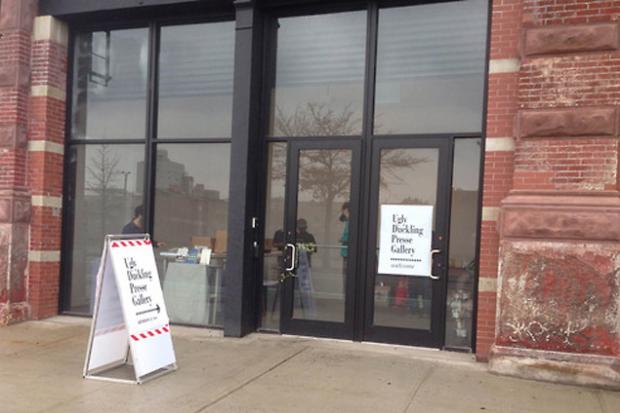 Nonprofit publisher Ugly Duckling Presse has opened
Nonprofit publisher Ugly Duckling Presse has opened  Penguin Random House has made a series of senior sales appointments. The shared goal of the new appointees, said U.S. president and COO Madeline McIntosh, is "to grow our sales by developing and executing marketplace strategies in collaboration with our publishing teams that serve our books, the company in totality, and our diverse account base."
Penguin Random House has made a series of senior sales appointments. The shared goal of the new appointees, said U.S. president and COO Madeline McIntosh, is "to grow our sales by developing and executing marketplace strategies in collaboration with our publishing teams that serve our books, the company in totality, and our diverse account base." William Lynch, the former Barnes & Noble CEO who abruptly left last July after another round of poor earnings reports, has been
William Lynch, the former Barnes & Noble CEO who abruptly left last July after another round of poor earnings reports, has been  When Ron Sher founded
When Ron Sher founded 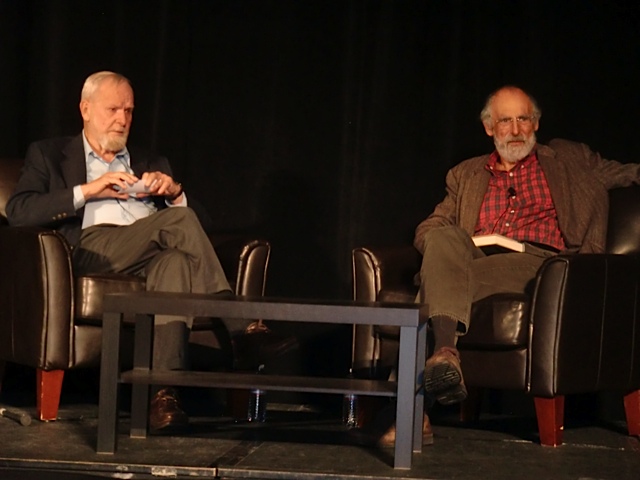
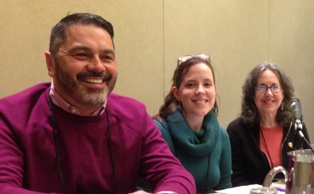
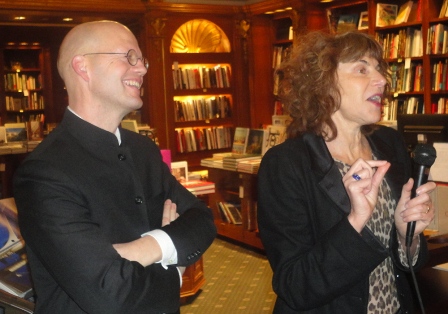 Other Press publisher Judith Gurewich introduced Jan-Philipp Sendker at a reception in Manhattan's Rizzoli Bookstore to celebrate the publication of A Well-Tempered Heart. It's a follow-up to Sendker's bestselling The Art of Hearing Heartbeats, and though it's only been a two-year gap for American readers, in his native Germany there's been more than a decade between the novels. "I didn't plan a sequel," he confided, but "I kept thinking about Julia," the protagonist of both stories. "I wanted to push her aside, but she was such a strong presence that I couldn't.... I realized this story wanted to be written, wanted to be told."
Other Press publisher Judith Gurewich introduced Jan-Philipp Sendker at a reception in Manhattan's Rizzoli Bookstore to celebrate the publication of A Well-Tempered Heart. It's a follow-up to Sendker's bestselling The Art of Hearing Heartbeats, and though it's only been a two-year gap for American readers, in his native Germany there's been more than a decade between the novels. "I didn't plan a sequel," he confided, but "I kept thinking about Julia," the protagonist of both stories. "I wanted to push her aside, but she was such a strong presence that I couldn't.... I realized this story wanted to be written, wanted to be told."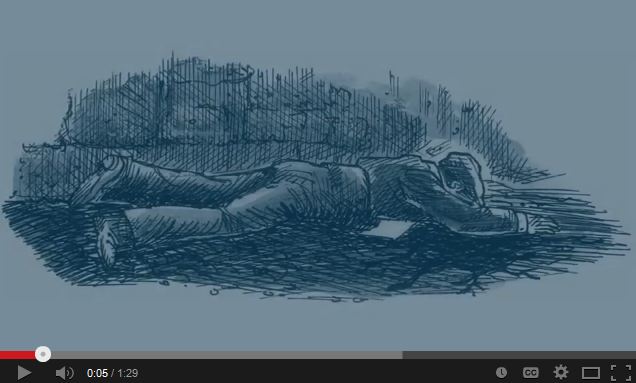 The War Within These Walls
The War Within These Walls With the 2014 Newbery Medal for Flora & Ulysses, illustrated by K.G. Campbell (Candlewick Press), announced Monday in Philadelphia, author Kate DiCamillo becomes the fourth to join an elite club of writers--all women, incidentally--who have won two Newbery Medals and one Newbery Honor: Katherine Paterson, E.L. Konigsburg and Elizabeth George Speare. This accolade comes just a few weeks after her inauguration as
With the 2014 Newbery Medal for Flora & Ulysses, illustrated by K.G. Campbell (Candlewick Press), announced Monday in Philadelphia, author Kate DiCamillo becomes the fourth to join an elite club of writers--all women, incidentally--who have won two Newbery Medals and one Newbery Honor: Katherine Paterson, E.L. Konigsburg and Elizabeth George Speare. This accolade comes just a few weeks after her inauguration as  Did you think that if you told them that, they'd take back the medal?
Did you think that if you told them that, they'd take back the medal?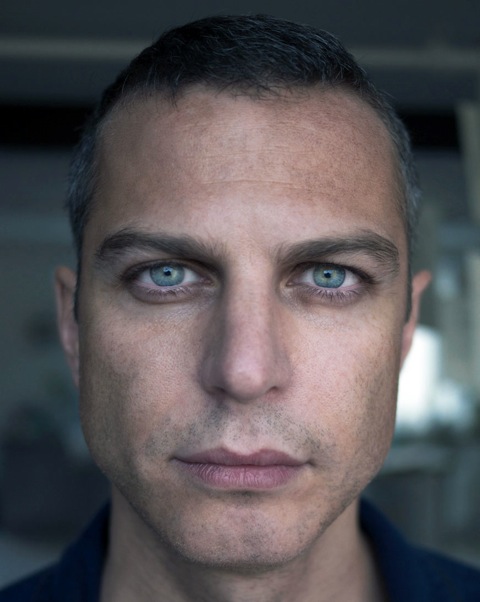
 Book you're an evangelist for:
Book you're an evangelist for: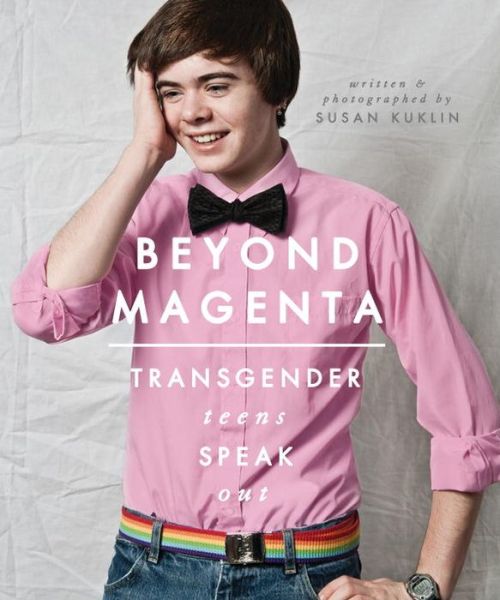 Five transgender teens share their journeys in their own words, with intimate revelations about their inner struggles, their loves, their challenges with family and peers--even crises of faith. It is a testament to Susan Kuklin's (No Choirboy) gifts as a listener and interviewer that her subjects describe their lives with such candor.
Five transgender teens share their journeys in their own words, with intimate revelations about their inner struggles, their loves, their challenges with family and peers--even crises of faith. It is a testament to Susan Kuklin's (No Choirboy) gifts as a listener and interviewer that her subjects describe their lives with such candor.